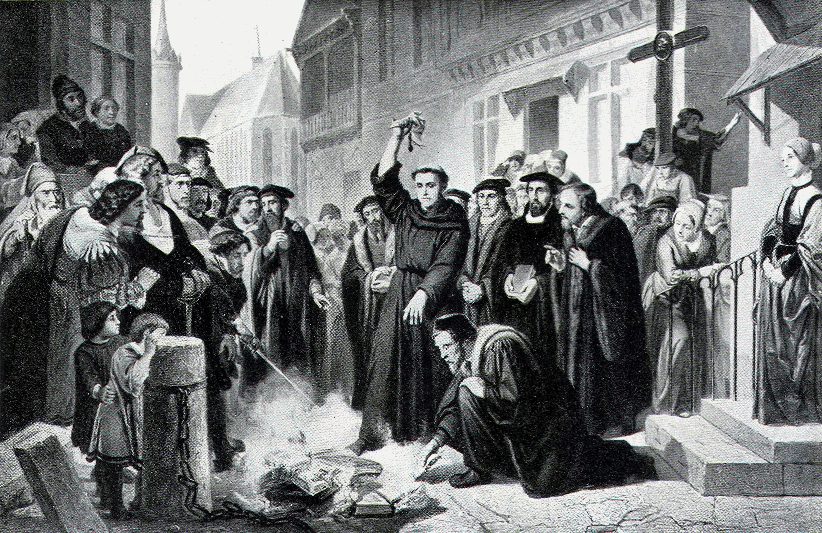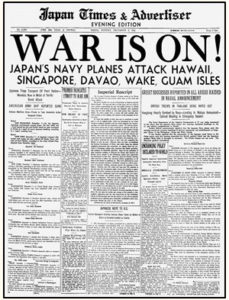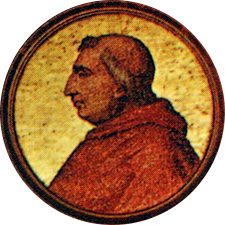1972 The last men on the moon
In 1957 the Soviet Union launched the world’s first artificial satellite, Sputnik I, and in 1961 sent the first man, Yuri Gagarin, into space. These developments spurred the United States into plans to further develop its missile capabilities and, in the words of President John Kennedy: “I believe that this nation should commit itself to achieving the goal, before this decade is out, of landing a man on the Moon and returning him safely to the Earth. No single space project in this period will be more impressive to mankind, or more important for the long-range exploration of space; and none will be so difficult or expensive to accomplish.”
The Space Race was on.
The American’s Vanguard, Mercury, Gemini and Apollo programs honed the American drive toward the moon while the Soviets pursued their Vostok, Voshkod and Soyuz plans. The Russians again were first to put a woman in space and to conduct activities outside of a space craft. Both sides suffered casualties in launch and voyage accidents; at least 14 astronauts and cosmonauts died in the race to the moon.
On July 21, 1969, after a three-day voyage, Apollo XI sent down its Lunar Excursion Module piloted by Neil Armstrong who became the first man on the moon. Five more successful flights were made before the attention of the Americans and Russians turned to orbiting platforms — space stations. The last men on the surface of the moon to date were Eugene Cernan and Harrison Schmitt of Apollo 17 in 1972.










